20+ Years Experience
Specialist Loft Insulation Installers

Loft insulation installation is a service that can help to save you money on your energy bills. If you live in a house or an apartment in January 2026, loft insulation is an easy way to improve your home’s energy efficiency with either roof insulation or cavity wall insulation.
The main purpose of loft insulation is to stop heat from escaping through the roof and prevent moisture from building up.
This means that loft insulation will help reduce the temperature inside your home, reduce your carbon footprint, and save you money on energy bills, which is why it’s such a popular choice for homeowners who want to make their homes more energy efficient.
Loft insulated home also helps keep your property safe by ensuring no water leaks into your attic space, which can cause damage to furniture stored there or even lead to mould growth if left unchecked over time.
If you’re looking for insulation installers, then we can help! We offer professional services at competitive prices and our experienced team will make sure that everything runs smoothly from start to finish so that you can get back to enjoying the benefits of having better-insulated ceilings as soon as possible!
Loft insulation is a type of insulation installed in the roof space, the attic of a building, or cavity wall insulation.
The purpose of loft insulation is to reduce heat loss through the roof and walls by trapping air in the cavity between the rafters (the space between the ceiling joists) and thus preventing heat from escaping through convection currents. As a result, this increases energy efficiency in your home.
If your home doesn’t have enough insulation, you’ll notice it in the form of higher utility bills and poor comfort.
Keep reading to learn more about how to get rid of these problems and incorporate these energy-saving measures.
The average American household spends $2,200 on energy yearly, not including taxes.
That price tag can be reduced by up to 30 per cent if you add more insulation to your attic. You may also see an increase in energy efficiency if you use solar panels or geothermal heating/cooling systems.
Proper insulation in your home prevents heat loss through walls, floors, and ceilings — which means less money spent on heating bills during the winter and cooling bills during the summer months compared to a totally uninsulated loft.
Loft insulation is especially effective at keeping rooms cool when temperatures outside soar above 32 degrees Celsius, as a result, this improves your home’s energy efficiency rating.
Insulating your roof doesn’t just make your home more comfortable; it also reduces how much energy you use overall. This is because less heat escapes into your attic, so you don’t have to spend as much time cooling or heating it during the year.

Roof insulation helps keep your home at a consistent temperature and reduces drafts from coming through your ceiling when windows are open, or doors are shut.
This means you’ll always feel comfortable inside no matter what the weather is like! You’ll also avoid dry air in winter, leading to dry skin and nosebleeds if left untreated for too long!
A dehumidifier may still be needed if you live in an area with high humidity. However, having enough loft insulation will prevent most mould from growing on your ceiling joists or other surfaces inside your attic space.
Loft insulation can help reduce noise pollution from outside sources like traffic and construction sites. This can be especially helpful for people with children or pets who make a lot of noise while playing outside.
If you have an attic that’s open to the outdoors, insects like spiders, ants, and wasps can find their way through small openings on the roof. Installing loft insulation helps stop these unwanted guests from getting into your home.
We are an established loft company based in the UK. We have been installing lofts for over ten years and have developed a reputation for providing excellent customer service and high-quality workmanship.
We have accredited loft installers (trade names, training completed) with successful completion of official qualifications such as Chas Accreditation Scheme, Constructionline, and Niche Certification.
We have over ten years of experience installing lofts, so we know what it takes to make the whole process simple and stress-free for you. We will always quote you a fixed price for your loft installation, so you know exactly what you’re paying before we start work on your project.
There are several different types of loft insulation we can install in your loft space. The type that is right for you will depend on your loft’s size and shape, the property’s age, and whether you have any existing insulation already installed.
Insulation is the most important thing you can do to reduce your energy bill and make your home more comfortable.
While it’s true that there are many types of insulation, one type reigns supreme: blanket loft insulation. Blanket loft insulation keeps heat in and out, making it a must-have for any home.
Blanket loft insulation helps with the following:
It keeps heat in during the winter.
It reduces condensation in humid areas of your house (like kitchens)
It helps regulate indoor humidity levels.
It’s easy to install loft insulation.
Loose-fill loft insulation is the most popular type of loft insulation. It comes in bags that are easy to install and can be installed by anyone with a screwdriver.
It is made from recycled materials such as wood pulp, glass, paper, and cardboard.
The insulation is blown into the loft using a compressor and leaves no mess behind once it has been installed.
Loose-fill loft insulation provides effective thermal performance and can help reduce condensation.

Blown-fibre loft insulation is popular, offering the same comfort and performance as traditional loft insulation.
The main benefit of blown-in insulation is that it’s easy to install. Blown-in loft insulation comprises a loose mix of polyester and glass fibres blown into the cavity through a hose and nozzle.
The main disadvantage of this type of loft insulation is that it’s messy to install, so you must ensure that you’re prepared for the mess and disruption before starting your project.
However, once it’s installed, you’ll be able to enjoy lower energy bills and improved comfort in your home for years to come.
Loft insulation boards are an effective way to insulate your loft space. They are easy to install and can be cut to size, making them easy to fit into awkward spaces.
Lofts are often used as living spaces and can become very warm in the summer. Loft insulation boards will keep you cool in the summer and warm in the winter.
You can buy loft insulation boards online or from your local DIY store. You can also hire a loft conversion company or get a professional loft converter to install them if you don’t want to do it yourself.
The average cost of loft insulation in the UK is £398. This is a very modest sum for a great return on investment, as it will save you hundreds of energy bills yearly. The average household spends £500 per year on energy bills, so if you insulate your loft, you could save up to 50% of that amount.
Loft insulation is not cheap, but it’s worth it if you can afford it. The more expensive homes tend to require more money because they have bigger rooms and lofts. Some people get rid of their lofts altogether because it gets too costly to insulate them!

You can choose between different types of loft insulation materials: loose fill or blown dust-free (BDFF). The former will be cheaper, but BDFF lasts longer and is better at stopping heat loss.
The main difference between these two types is that one comes in big bags while the other is blown into place by a machine. Both are equally effective, but ensure that whichever one you go for complies with building regulations.
Loft insulation has come a long way since it was first introduced in the 1960s and is now available in various materials, including rock wool and cellulose.
These have varying R-values, so you should choose the one that best meets your needs.
The type of loft insulation you need will depend on the type of property you live in. If you’re not sure what kind of attic space you have, check out our guide to understanding loft types here.
Terraced House Loft Insulation.
Semi-Detached House Loft Insulation.
Detached House Loft Insulation.
Dormer Bungalow Loft Insulation.
Apartment Loft Insulation.
Loft insulation can be a great way to ensure your home is as energy efficient as possible. It’s also an easy and inexpensive way to improve the comfort of your home.
Insulation reduces heat loss from your home, keeping it warmer in winter and cooler in summer.
This means you will need less energy to heat or cool your house. The savings are substantial – an average home could save up to £100 per year by having loft insulation installed.
Insulation helps to keep noise out of your home and provides a more comfortable living environment, particularly when it comes to soundproofing.
It also helps reduce condensation which can lead to mould growth on walls and ceilings, creating dampness which can cause health problems such as asthma and allergies.

If the roof space is not insulated properly, there is a risk that fire could spread into the roof space if there were a fire in another area of the property, such as an electrical fault or cigarette burn-out (also known as a cigarette butt).
Loft insulation helps prevent this from happening by limiting how quickly a fire can spread through the roof space.
Installing loft insulation helps reduce the dust, mould spores, and other allergens that get into your home through the air ducts. This means that your family will breathe easier when they are at home.
This also makes it easier for them to sleep better at night because they won’t be waking up due to allergies or asthma flare-ups caused by dust mites and other allergens that have collected in their bedroom over time.
The average homeowner spends approximately $1,300 per year on heating and cooling costs for their home.
With loft insulation installed, these costs can be reduced each month significantly because it keeps heat from escaping through the roof during cold winter days and nights while keeping cool air inside during hot summer days and nights.
It also prevents any unwanted drafts from creeping into your home through windows or doors, which could lower your energy bills even more than they already are.
Loft insulation is an excellent way of saving money on heating bills and increasing the value of your home. It can also help to improve your home’s comfort and reduce draughts.
If you’re planning on installing loft insulation, you should consider a few things first.
There are lots of different types of insulation that you can choose from, such as glass wool and polyester. The type you choose will depend on your budget and how big your loft is. It’s worth noting that mineral wool or rock wool products are less fire-resistant than other options.
The thickness of the insulation will also have an impact on its performance and price. Thicker insulation will offer better protection against heat loss, but it will be more expensive to buy and install. It’s essential to think about how much heat loss you need to prevent before making your final decision.
There are three main installation options when installing loft insulation: blown-in, batts, and rolls (or loose fill). Blown-in insulation involves blowing loose fibres into the cavity through a pipe attached to an air compressor which can be noisy but is usually quicker than other methods.
Batts consist of sheets of compressed fiber – these are less messy than blown-in insulation but take longer to install. The loose fill consists of bags of fibre that can be poured into the loft space – this is the easiest method but also the most expensive option.
If you’re building a new home or renovating an existing one, you probably know that insulation is one of the most important aspects to consider.
Insulation can help to keep your home comfortable and energy efficient. But it’s not just about comfort—insulation also helps to save money by reducing heating and cooling costs. In fact, the Environmental Protection Agency (EPA) estimates that upgrading your home’s insulation could save you up to 15 percent on your utility bills each year.
The good news is that many different types of insulation are available so that you can find the right solution for your needs.
The Loft insulation installers are required to meet the following safety standards and environmental requirements in the UK:
The loft insulation installer must have a valid CSCS Card (Construction Skills Certification Scheme) to work on a construction site. This card is issued by the Health and Safety Executive (HSE).
Necessary skills include reading plans, using hand tools, and using power tools correctly. The CSCS Card is valid for three years.
Loft insulation installers must comply with the EU Waste Electrical and Electronic Equipment (WEEE) Directive when disposing of electrical equipment such as computers, monitors, printers, fax machines, or other office equipment.
They will also be responsible for complying with EU RoHS (Restriction of Hazardous Substances) Directive 2002/95/EC, which prohibits using certain hazardous substances in electrical and electronic equipment.
The installer must be registered with BRE (Building Research Establishment) as a competent person for loft insulation work. They must also hold an Approved Installer certificate from BRE; this shows that they have done training in installing loft insulation. The installer will also need to provide evidence of their insurance cover (public liability) and should carry out any works in accordance with Building Regulations Approved Document E (2013).
You can but keep in mind that the weight of the insulation will compress the boards and make them sag slightly.
If this bothers you, consider laying down a thin board under the loft boards and then putting your insulation on top of that.
It is but make sure that any electrical wiring or other heat sources are kept well away from any areas where you might want to place your new insulation.
Also, remember that some types of insulation contain chemicals that can cause respiratory problems if inhaled.
So if you have small children or pets who might be playing around in your attic (or even just visiting), consider using another type of insulation instead.
The best way to do this is with spray foam or batt-type insulation.
You’ll need to check that your local authority has no issues with you adding additional insulation in your loft. I
f you’re planning on doing some work yourself, make sure that you follow the guidance from the British Board of Agreement (BBA) as well as any other relevant building regulations in your area.
It’s also worth checking with your insurance company before starting work because they may require specific certification from an expert before they will insure against any damage caused by insulating your loft.

The amount of loft insulation needed depends on how warm or cold the climate you live in is and how draughty your home is already.
A good rule of thumb is one layer of insulation for every 300mm thickness above 25mm thick boards or 100mm thick boards, respectively.
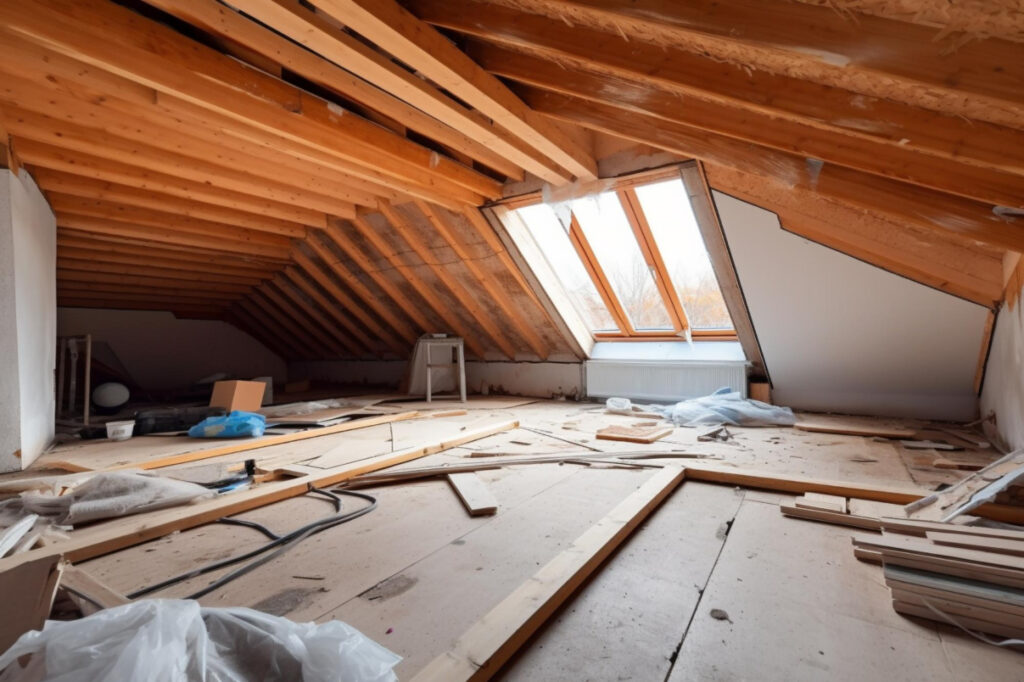
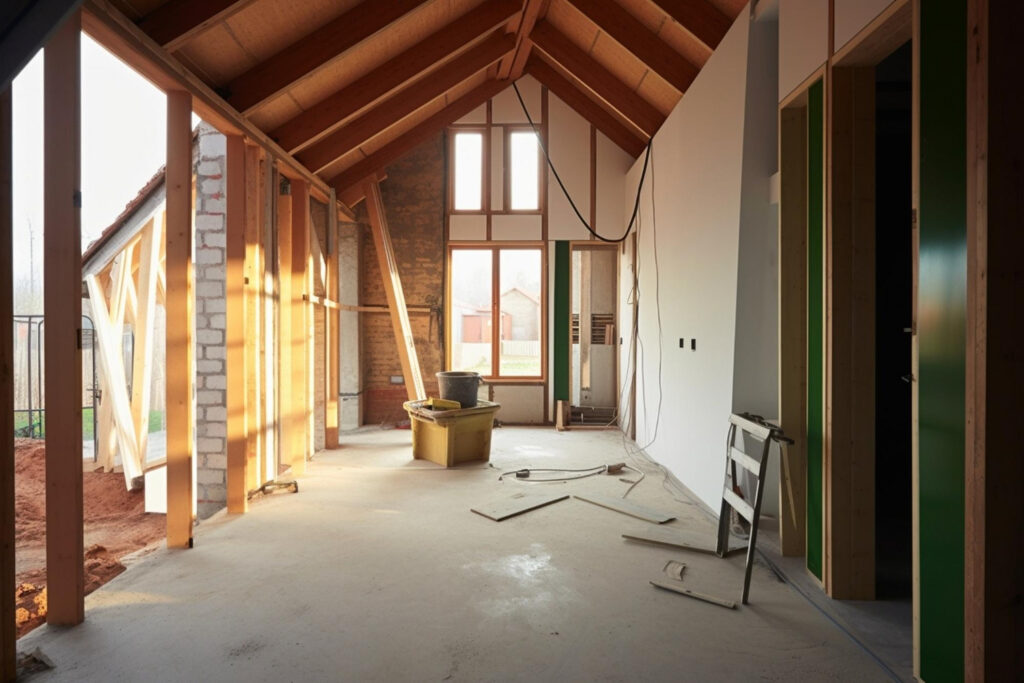
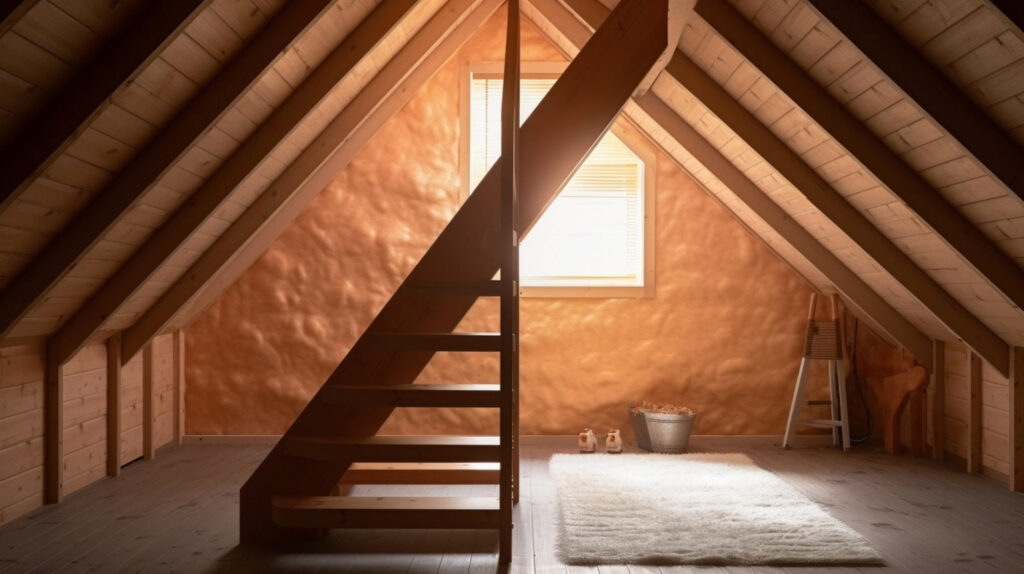
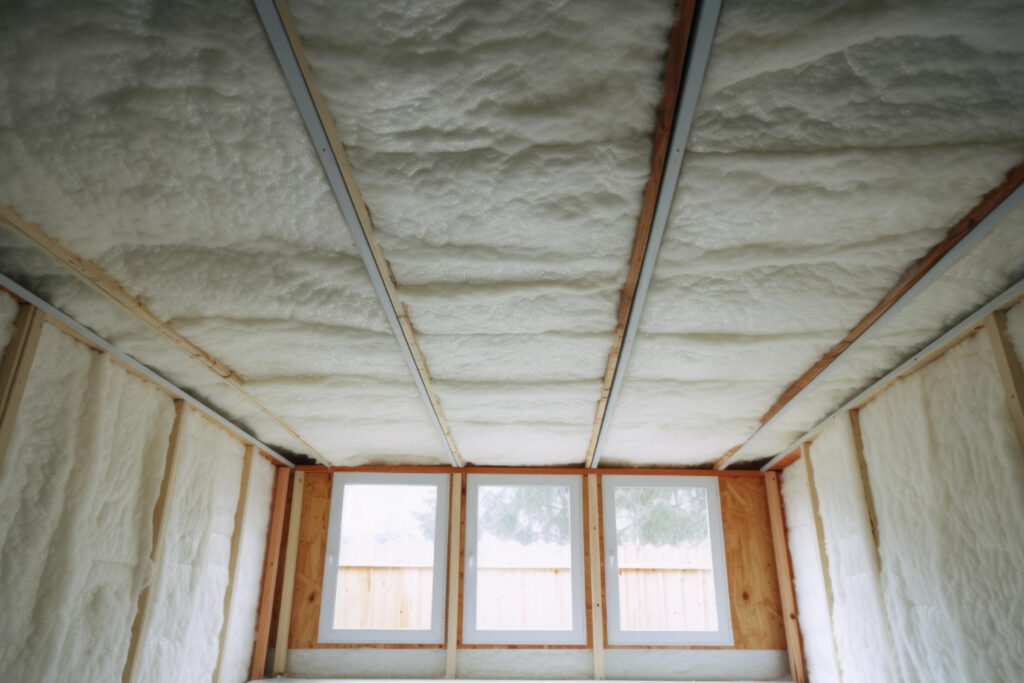
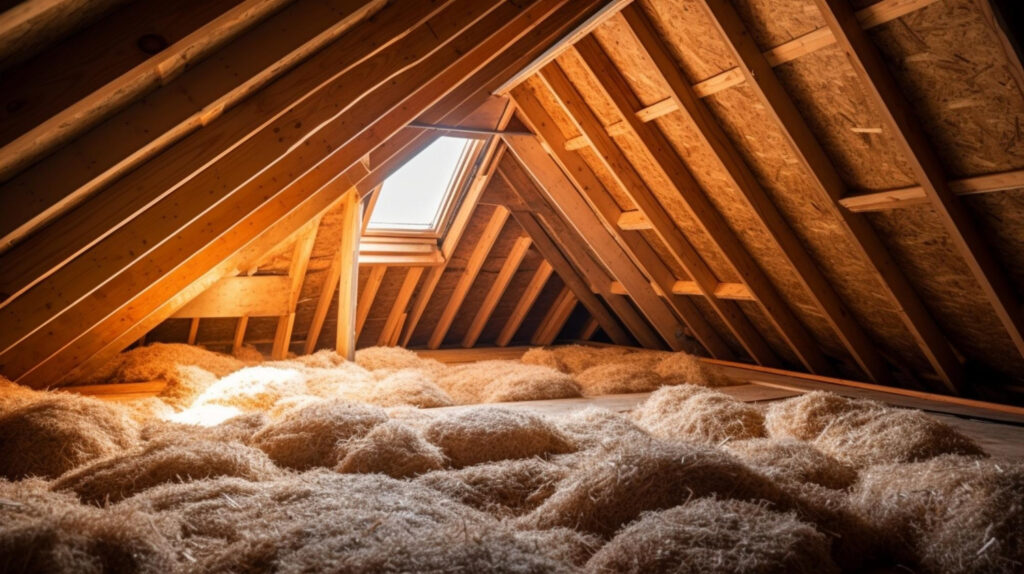
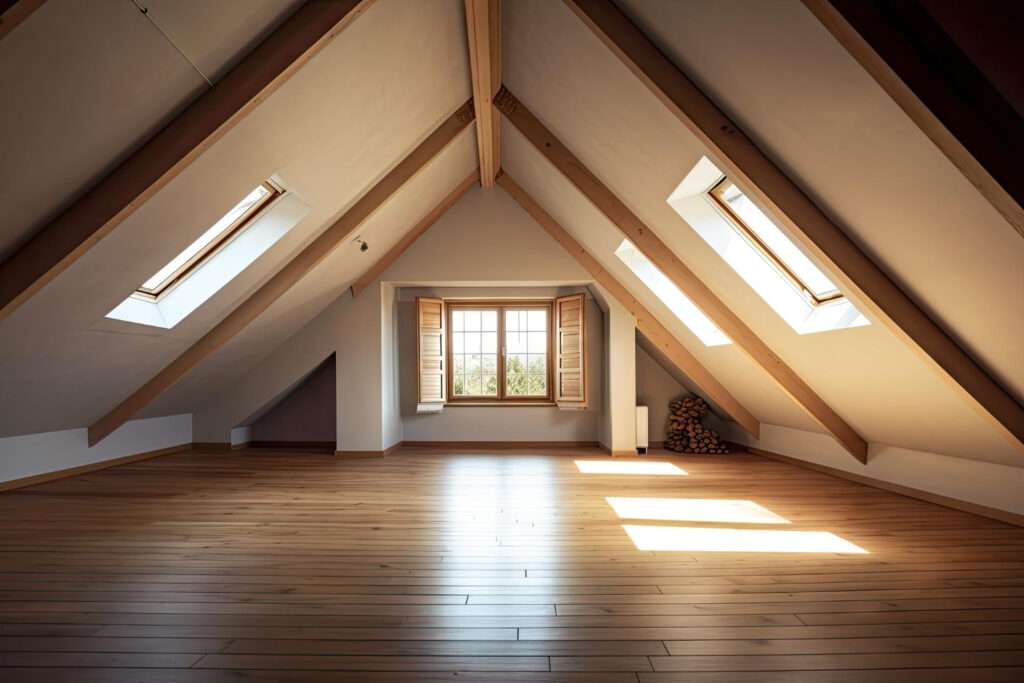
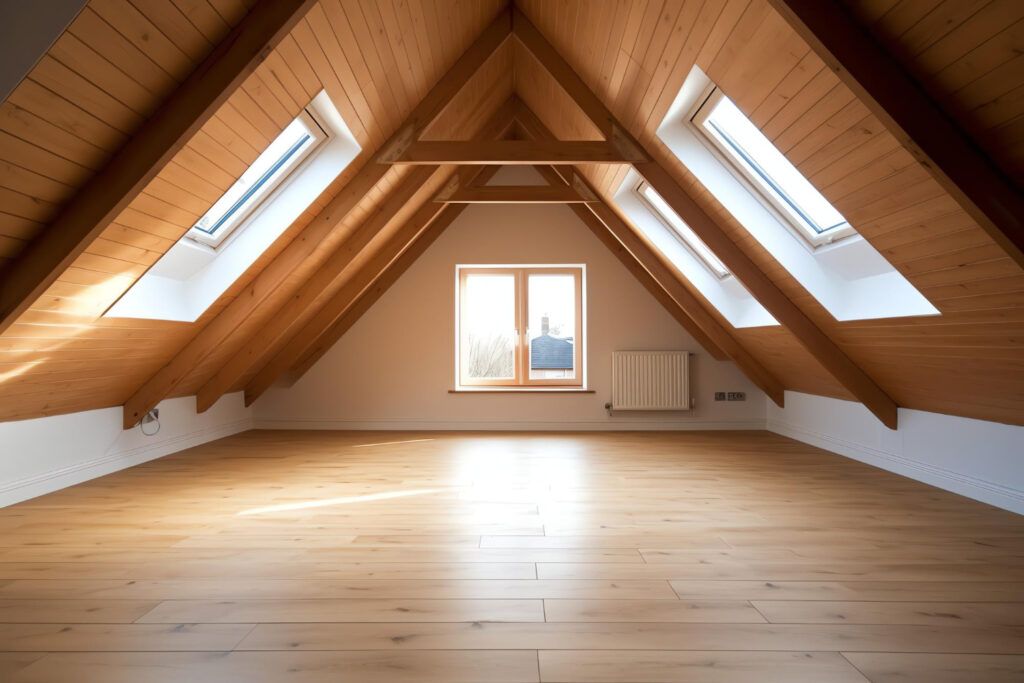

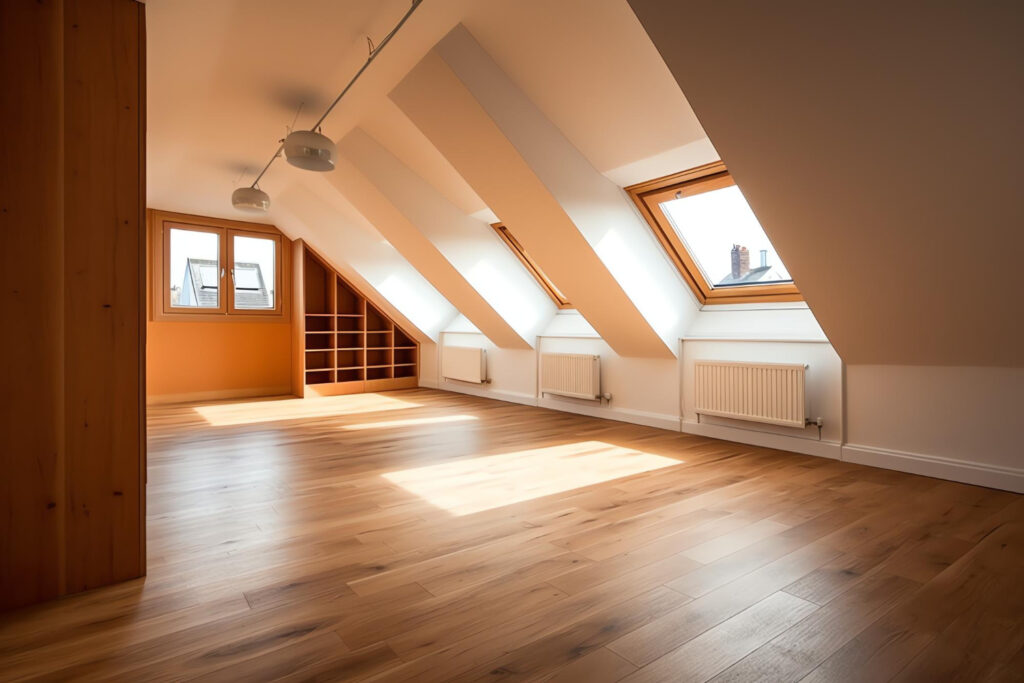
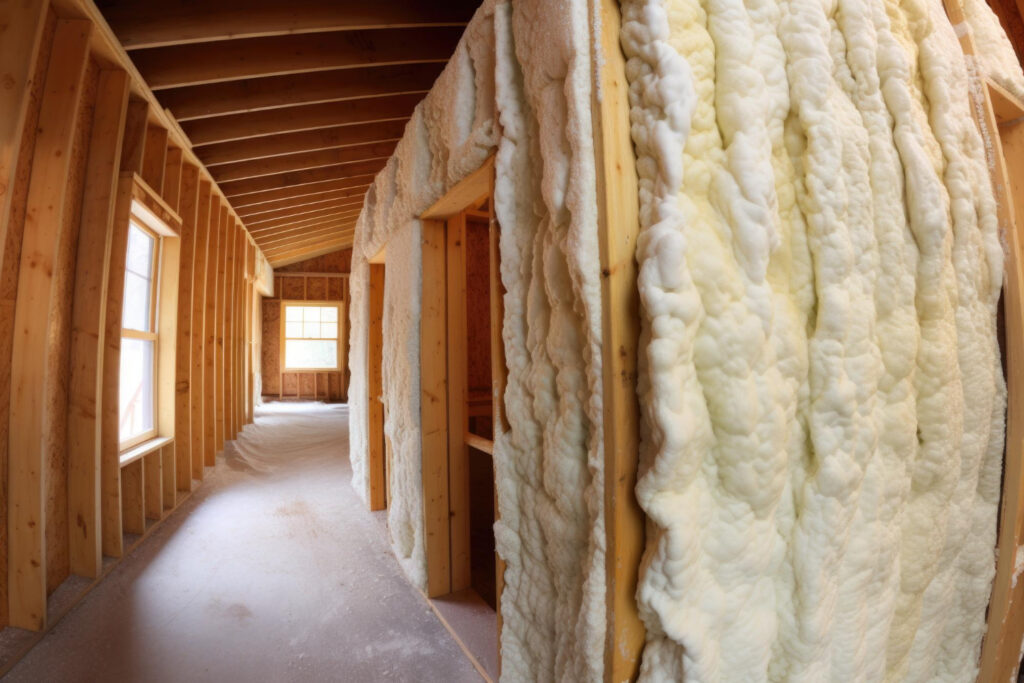
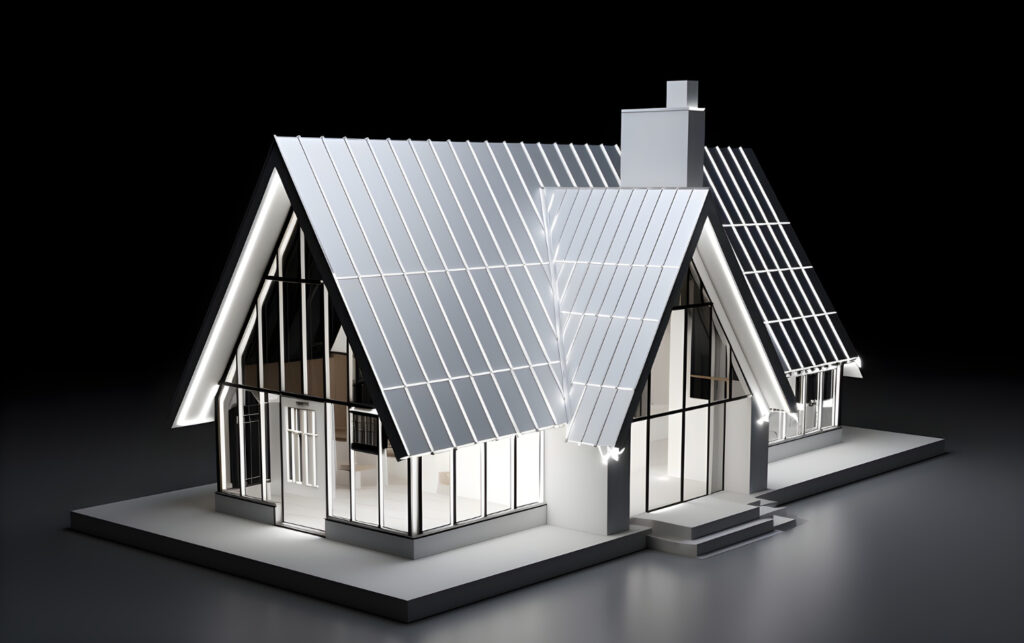
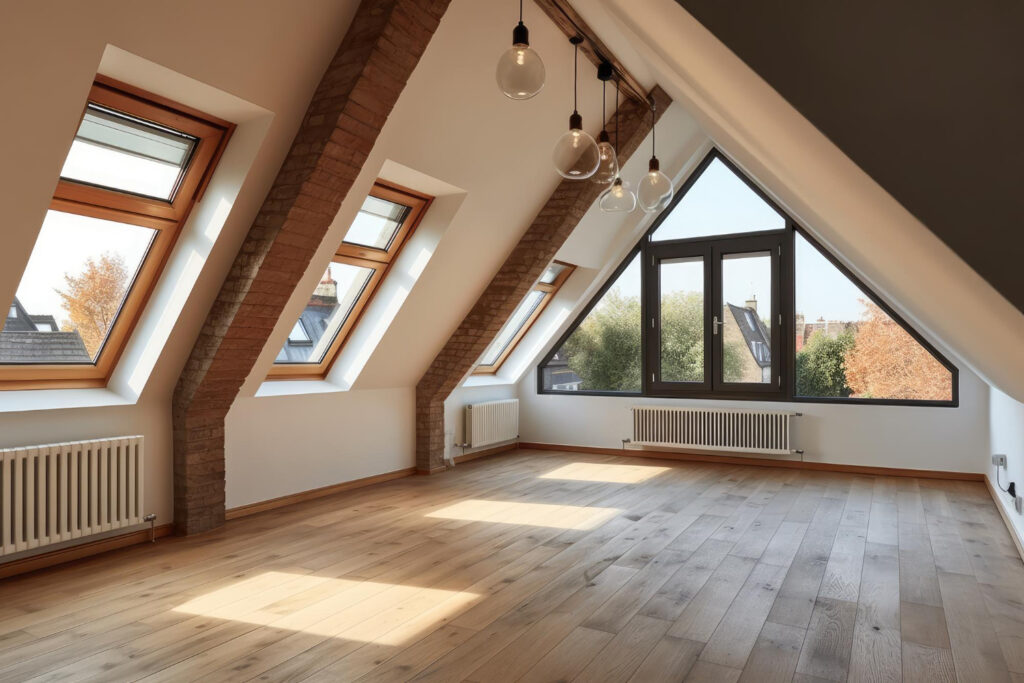
We hope this article has given you a better understanding of the many benefits of installing loft insulation.
Not only will it help you save money on your energy bills, but it also helps to improve the overall health and safety of your home. Aa a professional loft insulation company, we can install this product in any location nationwide.
If you’re not sure whether your home needs it or if you want to know more about how we can help you make your home as energy-efficient as possible, get in touch today.
We offer free quotes nationwide and would love to chat with you!
Make sure you contact us today for a number of great loft insulation.
"I recently had Loft Insulation Installers install insulation in my attic, and I am extremely happy with the outcome. The team was highly professional, knowledgeable, and efficient, and they provided me with a custom solution that perfectly suited my needs. They were patient and accommodating throughout the entire process, and they made sure that the installation was done in a way that maximized energy efficiency and comfort. Thanks to Loft Insulation Installers, my home is now well-insulated, which has significantly reduced my energy bills and improved my overall living experience. I would highly recommend their services to anyone in need of loft insulation installations."
Aaron Ellis"Loft Insulation Installers recently installed insulation in our office attic, and we are very impressed with the results. The team was highly professional, knowledgeable, and efficient, and they provided us with a custom solution that perfectly suited our needs. They were understanding and accommodating throughout the entire process, and they made sure that the installation was done in a way that did not affect our office operations. Thanks to Loft Insulation Installers, our office is now well-insulated, which has significantly reduced our energy bills and improved our overall working environment. We would highly recommend their services to anyone in need of loft insulation installations."
Adam AndersonFor more information on loft insulation, fill in the contact form below to receive a free quote today.
We Aim To Reply To All Enquiries With-in 24-Hours